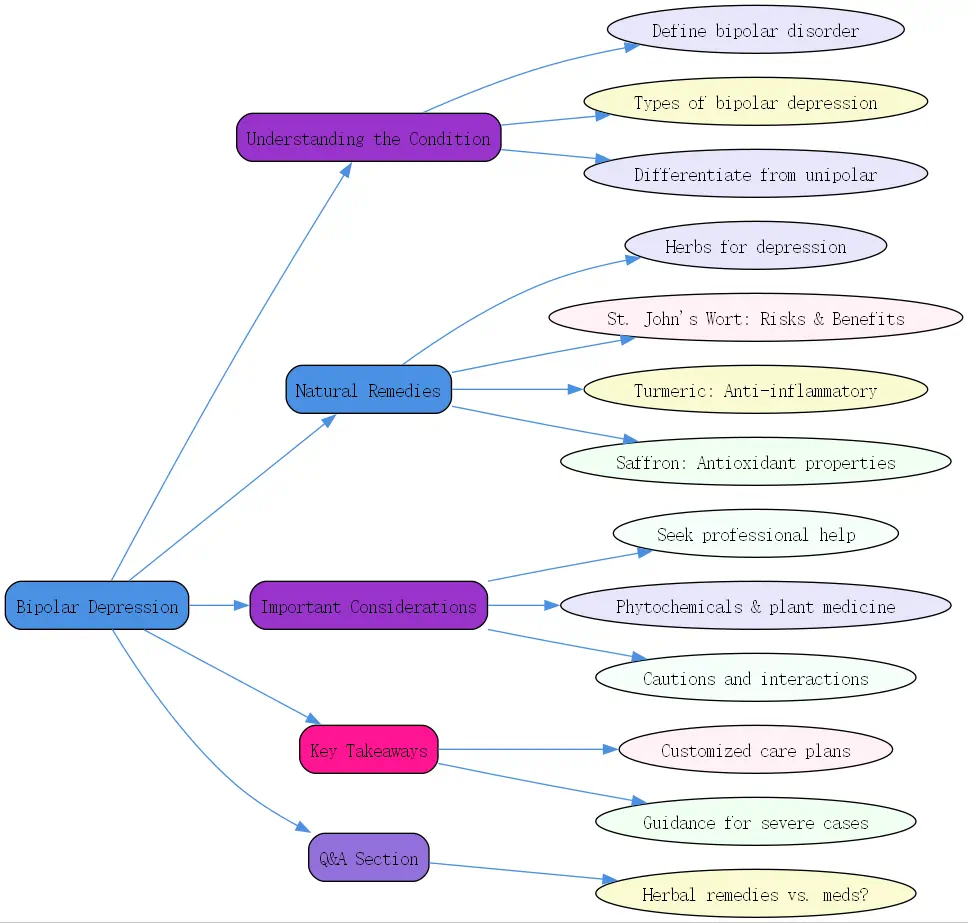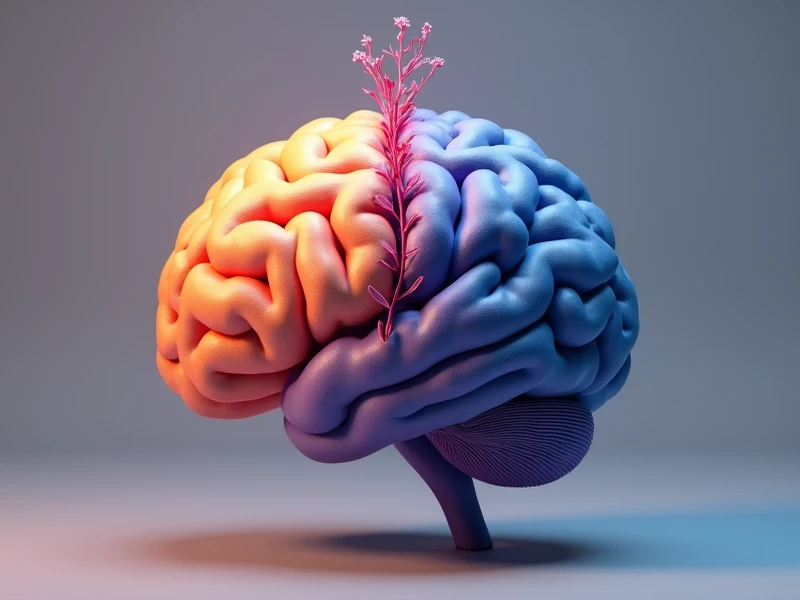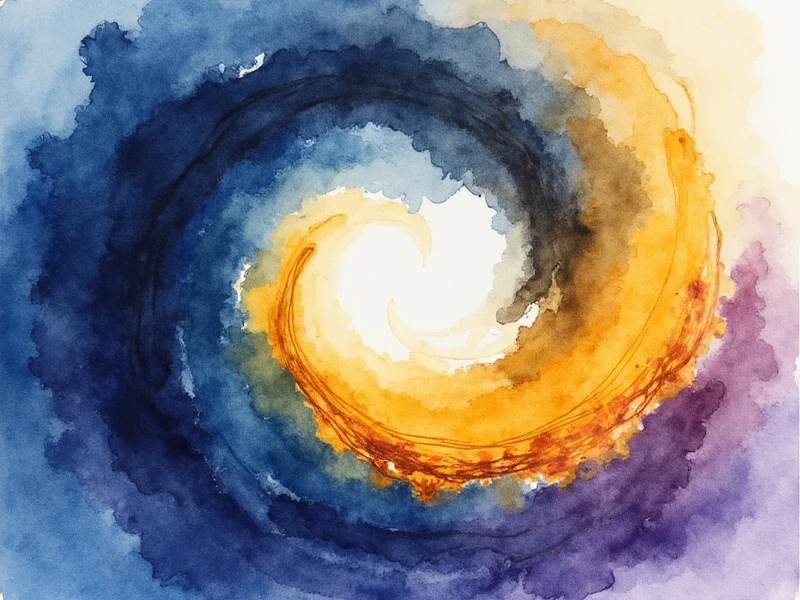Bipolar Depression: Understanding the Condition


What Is Bipolar Disorder?
Bipolar disorder is a mental health condition characterized by extreme mood swings that alternate between manic (or hypomanic) episodes and depressive states. These shifts can significantly impact a person’s thoughts, energy levels, and ability to perform daily activities. While manic phases may include heightened energy and euphoria, depressive phases can lead to overwhelming sadness and loss of interest in life, commonly referred to as bipolar depression.
Living with bipolar depression requires ongoing management due to its cyclical nature. Understanding the condition can help individuals recognize triggers and maintain treatment plans tailored to their unique needs.
Types of Bipolar Depression
Bipolar disorder is divided into types, which reflect the severity and duration of episodes.
Bipolar 1 Depression
Bipolar 1 depression is characterized by intense depressions accompanied by manic episodes that last at least seven days. A diagnosis of bipolar 1 typically involves manic periods severe enough to require medical intervention or hospitalization. The depressive states in this type can be debilitating, leaving individuals unable to function or complete daily tasks.
Bipolar 2 Depression
Bipolar 2 depression involves depressive episodes alternated with hypomanic episodes, which are less severe than manic episodes in bipolar 1. While hypomania may not disrupt life significantly, the depressive phases can be profound and debilitating. Bipolar 2 is often misdiagnosed as unipolar depression due to the subtler manifestations of hypomania.
Differentiating Bipolar Depression from Unipolar Depression
Unipolar depression is distinct from bipolar depression because it lacks the manic or hypomanic episodes that define bipolar disorder. While both conditions share symptoms like feelings of hopelessness, fatigue, and difficulty concentrating, the cyclical nature of bipolar depression requires unique treatment strategies. For individuals experiencing mood swings alongside depressive symptoms, consulting a psychiatrist is essential for accurate diagnosis and effective care.
Natural Remedies for Bipolar Depression: A Psychiatrist’s Perspective
The Role of Herbs in Managing Depression
Nature’s therapeutic potential has sparked interest in plant-based remedies for mental health. For centuries, herbs like St. John’s wort, turmeric (curcumin), and saffron have been studied for their ability to alleviate depressive symptoms. By leveraging herbal remedies, individuals may complement or enhance existing medical treatments.
However, for complex conditions like bipolar depression, professional guidance is crucial. While these herbs offer benefits backed by clinical research, their efficacy and potential risks depend on proper administration and individual suitability.
St. John’s Wort: Benefits, Risks, and Interactions
Comparable to SSRIs with Potential Side Effects
St. John’s wort is widely recognized as one of the most effective natural treatments for mild to moderate depression. Clinical trials show its efficacy to be comparable to selective serotonin reuptake inhibitors (SSRIs). Its active compound, hypericin, increases serotonin, norepinephrine, and dopamine levels in the brain, fostering improved mood regulation.
However, caution is required when using St. John’s wort, especially in individuals with bipolar depression. While mood elevation may seem beneficial, it increases the risk of triggering hypomania, particularly for those with bipolar 1 depression.
Cautions for Individuals with Bipolar Disorder
Due to the risk of hypomania, St. John’s wort may not be an ideal solution for bipolar depression. Additionally, photosensitivity—a side effect making the skin more vulnerable to ultraviolet rays—can occur with its use. Protecting the skin with SPF 30 sunscreen is one preventative measure. Individuals experiencing severe reactions like blistering or peeling should consult a healthcare professional promptly.
Medication Interactions
St. John’s wort interacts with various medications and may alter their effectiveness. Combining it with serotonin-based antidepressants might result in serotonin syndrome—a potentially dangerous condition characterized by confusion, rapid heart rate, and agitation. Thus, it’s essential to consult a doctor before incorporating St. John’s wort into a treatment plan.
Turmeric (Curcumin): Anti-Inflammatory and Neurotrophic Benefits
Effectiveness Similar to SSRIs
Turmeric, a spice derived from the root of the Curcuma longa plant, contains curcumin—a compound with promising antidepressant effects. Research suggests curcumin’s effectiveness rivals SSRIs in managing mild to moderate depression. It achieves this by boosting brain-derived neurotrophic factor (BDNF), a protein crucial for nerve growth and brain repair.
Brain-Derived Neurotrophic Factor and Cortisol Reduction
Turmeric enhances neuroplasticity, helping to restore damaged neural pathways. It also reduces cortisol, the stress hormone, offering adaptogenic benefits that improve emotional resilience. These properties make turmeric potentially valuable for supporting overall mental health.
Blood-Thinning Effects and Precautions
While turmeric’s blood-thinning properties are mild, precaution is necessary for individuals taking medications like aspirin or warfarin. Symptoms such as easy bruising and frequent nosebleeds should not be ignored. Consult a medical professional for guidance on turmeric dosage to balance safety with therapeutic benefits.
Saffron: Antioxidant and Anti-Inflammatory Properties

Differences From Indian Saffron (Turmeric)
Saffron is harvested from the dried stigmas of the Crocus sativus plant, unrelated to Indian saffron (another name for turmeric). Known for its rich antioxidant profile, saffron protects cells from oxidative stress—a process linked to mood disorders like depression.
Antioxidant Effects and Cellular Protection
Saffron’s antioxidant properties provide cellular defense by reversing oxidative damage. This effect mitigates the risk of diabetes, accelerated aging, and even certain cancers. Its ability to combat inflammation further enhances brain health, supporting mood stabilization for bipolar depression.

Compatibility With Antidepressant Medications
Unlike St. John’s wort, saffron does not interfere with standard antidepressant medications, making it a versatile addition to bipolar depression management plans. Moreover, its anti-inflammatory benefits offer holistic support to those grappling with mental health challenges.
Important Considerations for Treating Bipolar Depression
When to Seek Professional Help for Severe Depression
Symptoms Indicating Severe Depression
Severe depression manifests as debilitating symptoms, such as an inability to perform daily tasks, overwhelming hopelessness, or thoughts of death. A decline in appetite, hallucinations, or delusions may further indicate psychotic depression. If you experience these conditions, self-treatment with natural remedies is insufficient—you must consult a mental health professional.
Limits of Herbal Remedies for Severe Cases
For psychotic depression, the therapeutic capacity of herbs like turmeric and saffron is limited. Such cases often resemble a forest fire that requires intense intervention beyond mild or moderate measures. Seeking professional assistance ensures safety and effective management.
Understanding Phytochemicals and Plant-Based Medicine
The Therapeutic Benefits of Phytochemicals
Plants contain phytochemicals, compounds with potent health benefits. Examples include flavonoids and carotenoids, which provide anti-inflammatory and antioxidant properties. Unlike pharmaceutical medications, herbs offer a spectrum of therapeutic benefits by combining multiple phytochemicals in their natural form.
Advantages and Disadvantages of Medications vs. Herbs
While herbs provide holistic healing benefits, pharmaceutical medications enhance the bioavailability of active ingredients—making them easier for the body to absorb. For individuals with bipolar depression 1 or severe cases of bipolar depression 2, combining medications with herbal remedies may optimize treatment.
The Importance of Bioavailability
Plant-based therapeutics often require frequent consumption due to limited bioavailability. Medications, on the other hand, are chemically altered for greater efficacy and extended duration. Discussing options with your psychiatrist can help find the best-fit supplements and medications for your unique needs.
Cautions and Interactions With Other Medications for Bipolar Depression
No matter which remedy you pursue—herbs, pharmaceuticals, or both—it’s important to ensure no interactions occur that could compromise effectiveness or safety.
Key Takeaways
- Bipolar depression, characterized by mood swings and depressive episodes, requires customized care plans.
- St. John’s wort, turmeric, and saffron offer therapeutic benefits for mild to moderate depression, but professional guidance is important for severe cases.
- Prescription medications enhance bioavailability, making them vital for managing bipolar 1 depression and psychotic depression.
- Consult a psychiatrist before incorporating any herbal remedy into your treatment.
Q&A Section
Can Herbal Remedies Replace Pharmaceutical Medications for Bipolar Depression?
Herbal remedies like turmeric and saffron can complement traditional medications but should not replace them entirely, especially for bipolar depression. While these herbs provide anti-inflammatory and antioxidant benefits, bipolar conditions often require the accuracy and strength of pharmaceuticals for effective symptom management. Always consult your psychiatrist before making changes to your treatment plan to ensure safety and optimal results.




